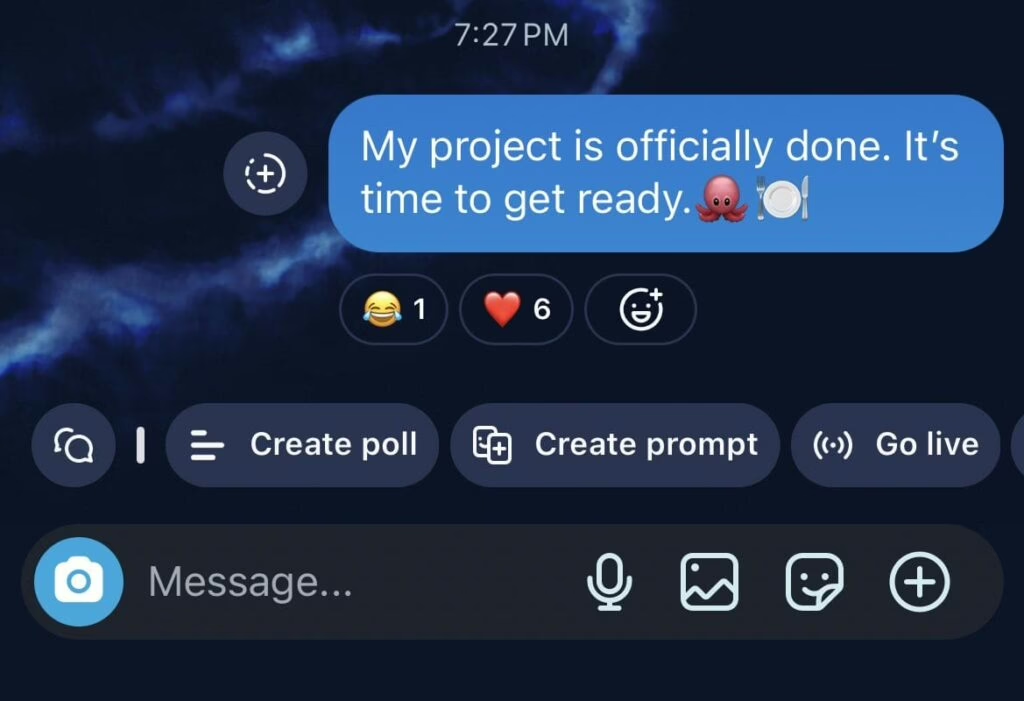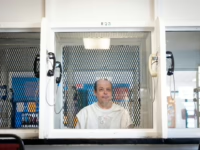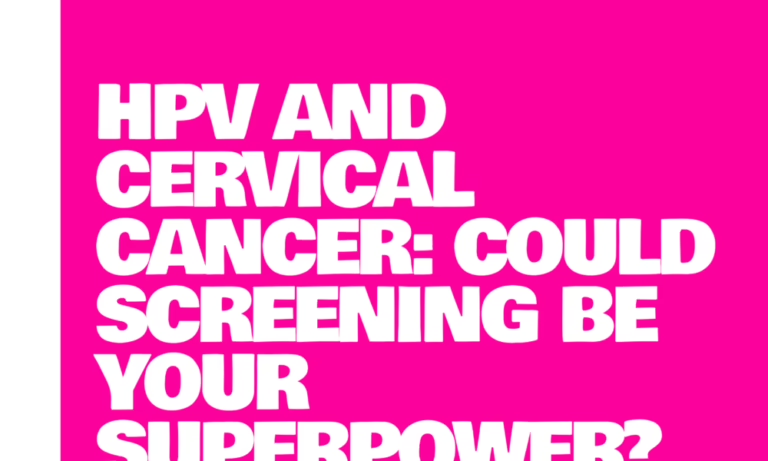HPV (Human Papillomavirus) sounds scarier than it is. Think of it as that overly popular guest at the party, almost everyone who’s sexually active will “meet” HPV at some point in life. Most of the time, your immune system kicks it out within a year or two, and you never even notice or have any symptoms.
Now, here’s the part you need to watch out for: some strains of HPV (especially types 16 and 18) don’t leave so easily. They hang around, refuse to clear, can mess with your cervical cells, and over time, can cause abnormal changes in the cervix that may lead to cancer if not caught early.
How Does HPV Turn Into Cervical Cancer?
Think of it this way:
- HPV produces little-troublemaking proteins (called E6 and E7).
- These proteins switch off your body’s natural “cell police” — the ones that repair damaged cells or stop them from growing out of control.
- With the police asleep on the job, abnormal cells grow, multiply, and, if ignored, may turn into cervical cancer over many years.
It’s sneaky because you usually don’t feel a thing in the early stages. That’s why screening is like having a spotlight that exposes what’s happening behind the scenes. Screening helps to detect the abnormal changes HPV causes, while vaccines prevent the virus from causing the changes.
Why Screening Is Basically a Life Hack
Cervical screening is one of the most powerful tools we have to stop cervical cancer before it starts. Here’s why it’s a literal lifesaver:
Early Catch = Easy Fix
Precancerous changes can often be treated quickly, and this stops the progression to full-blown cervical cancer, sometimes in one clinic visit, before things get serious.
Cuts Cancer Risk Dramatically
Countries with strong cervical screening programmes have seen cervical cancer rates drop by up to 80%!
Vaccines Don’t Replace It
HPV vaccines are amazing, but they don’t cover all the risky HPV types. Screening serves as a safety net, even for the vaccinated.
Age and Timing Matter
Most guidelines say: start screening around age 30 (earlier if you’re living with HIV or other risks). Depending on the test, you’ll only need to do it every 3–5 years.
What You Can Do
- Get vaccinated if you can. It’s a huge layer of protection.
- Show up for your cervical screenings. Don’t wait for symptoms, because early stages are usually silent.
- Ask questions at your clinic: Is it an HPV test or a Pap smear? How often should you come back?
- Stay healthy overall. Your immune system is your best defence. That means nourishing meals, staying active, getting enough sleep, and saying no to habits like smoking that can weaken your body.
HPV is common, but cervical cancer doesn’t have to be. With vaccination and regular screening, most cases are totally preventable. Screening is like giving yourself the ultimate peace of mind and the gift of catching trouble before it ever becomes cancer. \
***This post has been medically reviewed by Sebeccly Cancer Care























0 Comments